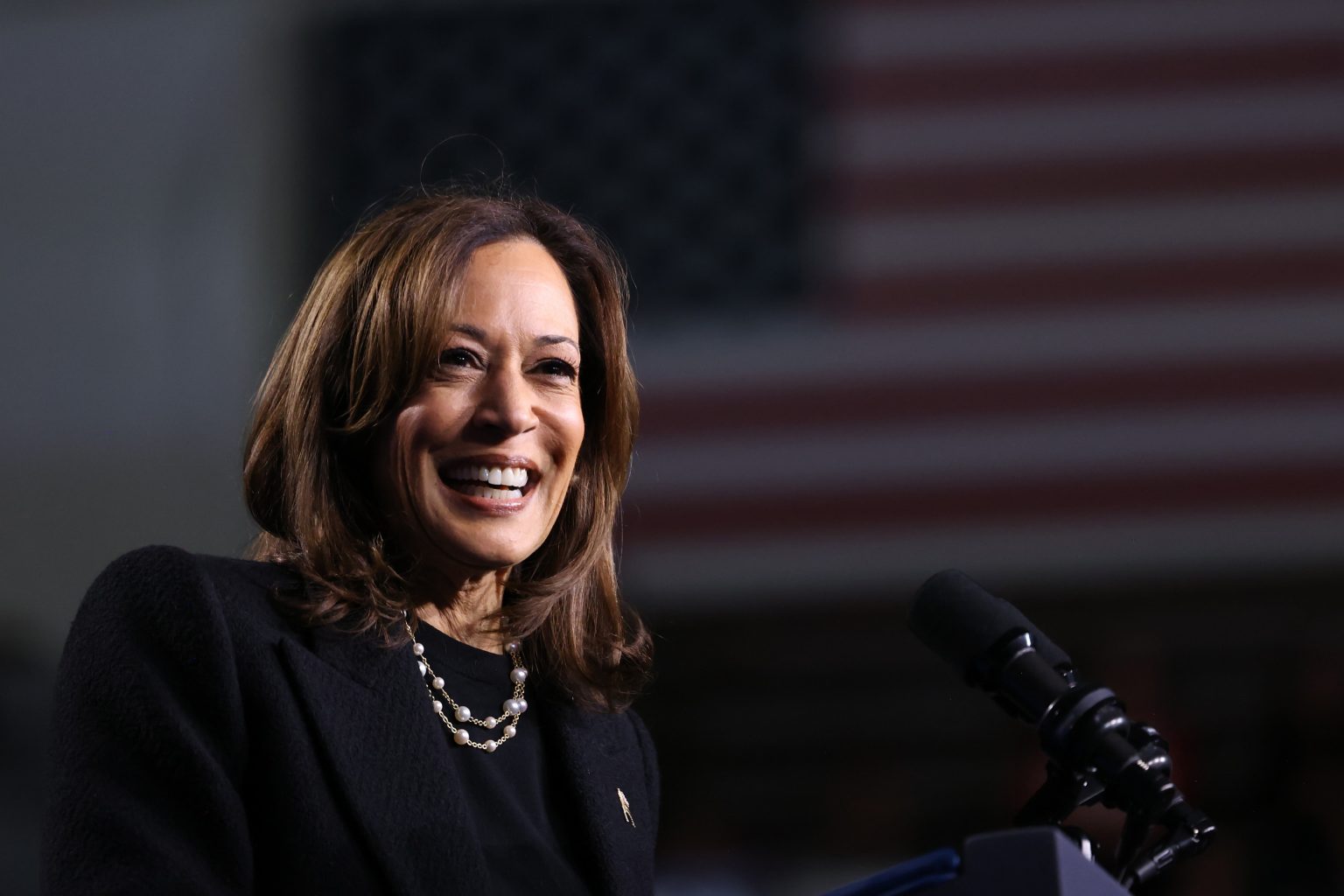Vice President Kamala Harris has seen an improvement in support among white college-educated voters compared to President Joe Biden’s exit polls in 2020. However, this is the only voting bloc where she has made progress, as she lost ground among voters of color who hold college degrees. Harris also experienced a decrease in support among voters of color who do not have a college degree. Trump, on the other hand, seemed to have won over working-class families, with the group leaning toward him by a small margin in the 2024 election compared to Biden’s victory in 2020.
There has been criticism within the Democratic Party regarding the lack of connection with working-class voters, which may have contributed to Trump’s victory in the 2024 election. Senator Bernie Sanders released a statement accusing the Democratic Party of neglecting working-class Americans, stating that while the party defends the status quo, the American people are seeking change. The lack of communication between the Harris campaign and the local party has also been a point of contention, with Philadelphia Democratic Chair Bob Brady expressing frustration at the perceived elitism and lack of respect shown by the Harris team.
Despite the criticisms, Harris’ campaign defends its efforts, noting that they knocked on over two million doors in the weekend leading up to Election Day. The campaign responded to Brady’s comments by highlighting their outreach efforts and implying that his fundraising tactics were outdated and ineffective. While Harris’ improved support among white college-educated voters is noteworthy, the overall trend shows that the Democratic Party may need to reevaluate its approach to connect with a broader range of voters, especially working-class Americans.
The 2024 election results suggest that there is a growing divide within the Democratic Party between different demographics, with Trump making gains among Latino voters and voters of color more broadly. This shift highlights the need for the party to address concerns raised by critics like Sanders and Brady regarding the disconnect with working-class Americans. Moving forward, the Democratic Party may need to reassess its messaging and policies to appeal to a broader coalition of voters and bridge the gap that has emerged between different demographics within the party.
While Harris’ support among white college-educated voters is a positive sign for the party, it is not enough to secure victory in future elections if other key demographics are moving away from the Democratic Party. The results of the 2024 election underscore the importance of addressing the concerns of working-class Americans and voters of color, who play a crucial role in shaping electoral outcomes. By acknowledging and responding to these concerns, the Democratic Party can better position itself to attract a diverse coalition of voters and compete effectively in future elections.


